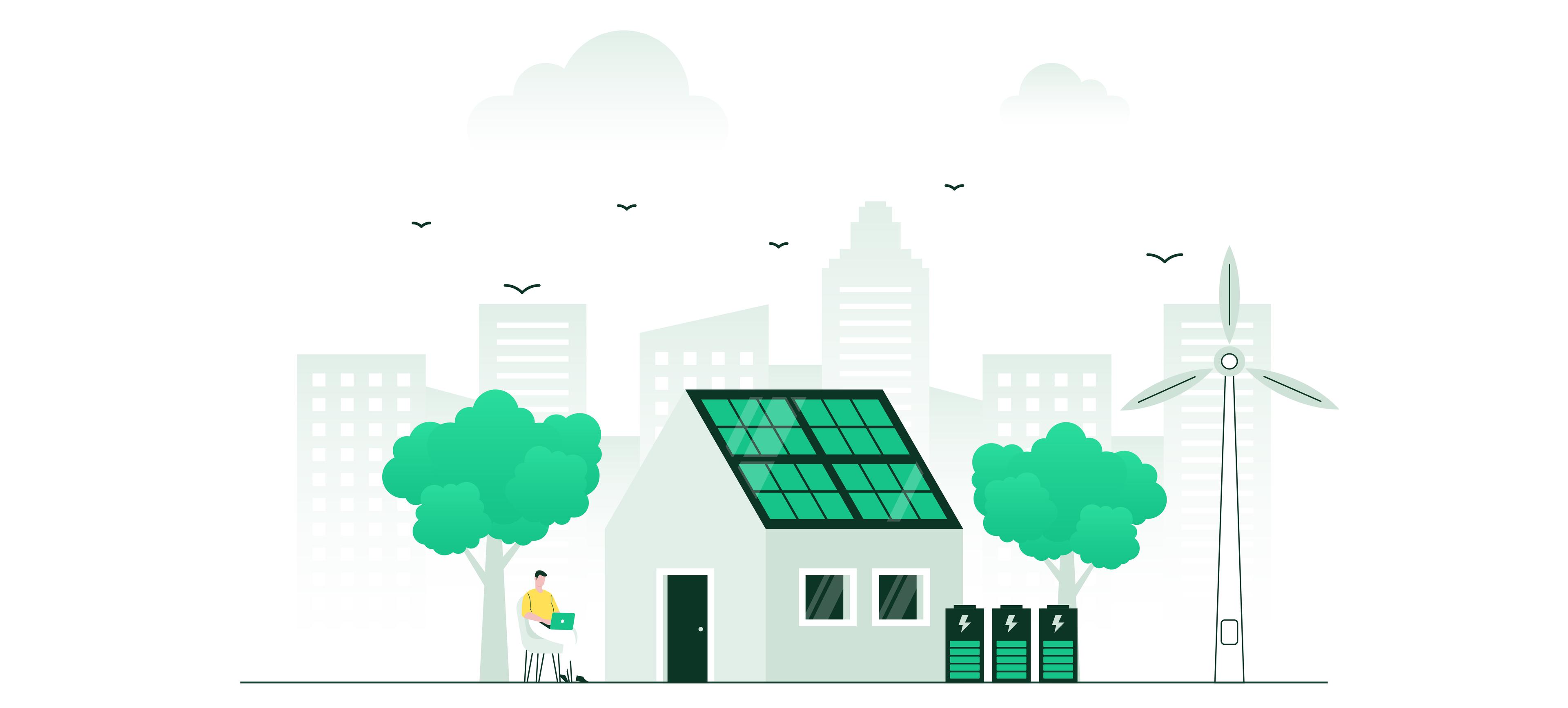The Benefits of Home Energy Storage Systems for Residential Properties

In today's rapidly evolving energy landscape, the need for efficient and reliable power solutions is more pressing than ever– loads are ever increasing, and our power supply is constantly evolving. Home energy storage systems have emerged as a solution that not only offers homeowners greater control over their energy consumption but also provides critical support to the broader power grid. This article delves into the advantages of implementing home energy storage systems, drawing insights from McKinsey's & Co. research, HomeGrid's product offerings, and pertinent industry insights.
Energy Independence
One of the most compelling benefits of home energy storage systems is the autonomy they offer. Using stationary generator solutions, for example, natural gas – the homeowner is still susceptible to being shut off from third parties that control the gas lines. With products like HomeGrid's Stack’d Series, homeowners can store excess energy generated from renewable sources like the sun or wind. This stored energy can be used during peak hours or power outages, reducing dependency on the grid and lowering electricity bills.
Grid Support
According to McKinsey, residential energy storage can play a significant role in supporting the power grid. Regardless of the source of generation, by allowing homeowners to store energy during low-demand periods and release it during peak times, these systems can help balance the grid's load. This not only enhances grid stability but also reduces the need for additional power plants, contributing to environmental sustainability.
Cost-Efficiency
Home energy storage systems are increasingly becoming more cost-effective. The HomeGrid Cube, for instance, offers a compact and affordable solution for business owners. Over time, the initial investment in these systems can be offset by the savings accrued from lower electricity bills and potential earnings from selling excess energy back to the grid.
Environmental Impact
The ability to store energy from various affordable renewable sources significantly reduces a household's carbon footprint. Using home energy storage isn't just good for the planet; it's good for your wallet too. When you store your own energy, you're not just cutting down on pollution; you're also cutting down on your bills. You're not at the mercy of rising energy prices, and you can even make money by selling extra energy back to the grid. So, it's a win-win: you save money and gain more control over your energy use, all while doing something good for the environment.
Technological Advancements
Innovations in technology, such as advanced sensors and monitoring systems for load management, have made these storage solutions more efficient and user-friendly. Features like real-time tracking of energy consumption and automated control systems allow homeowners to optimize their energy usage effectively.
Conclusion
Home energy storage systems offer a multitude of benefits that extend beyond the individual homeowner to the broader community and environment. With products like HomeGrid's Stack’d Series and HomeGrid Cube, adopting this technology has never been easier or more affordable. As we move towards a more sustainable future, the role of home energy storage in enhancing grid stability and promoting environmental conservation cannot be overstated.
By investing in these systems, homeowners are not just securing their energy independence but are also contributing to a more resilient and sustainable energy ecosystem.
Note: For more in-depth information, you can visit McKinsey's article here, and explore HomeGrid's Stack’d Series and HomeGrid Cube on their website.
Sources: